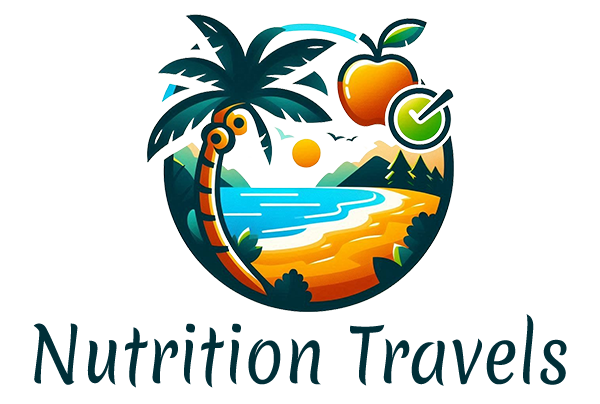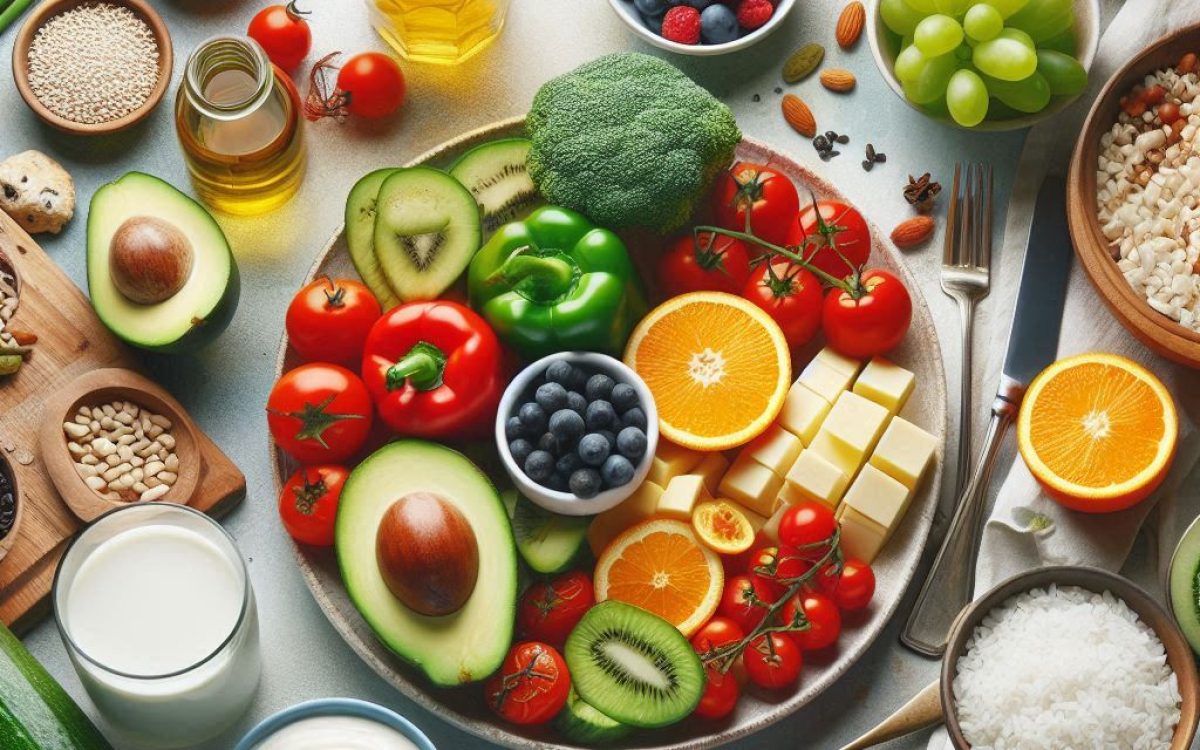Transitioning from a traditional diet to a plant-based diet may feel overwhelming at first, especially if you’re used to meat-heavy or processed meals. However, with small, gradual steps, you can enjoy the health benefits of a plant-based lifestyle without stress or restriction.
In this article, we’ll explore a set of practical tips to help you transition gradually to a plant-based lifestyle without feeling deprived or compromising your nutritional balance.

1. Start with Small Steps:
One of the most common mistakes people make is trying to give up meat all at once, which can lead to feelings of deprivation or fatigue. The best approach is gradual change:
- Start by dedicating one day a week as a “plant-based day”.
- After a while, increase it to two or three days.
- Over time, you’ll find that it becomes a fun habit rather than a sacrifice.
This way, you give yourself time to adapt to new foods instead of making a sudden drastic change.
2. Focus on Adding New Foods Instead of Removing Old Ones:
From a psychological perspective, it’s easier to add new foods to your diet rather than thinking about what you’re giving up. For example:
- Add meals with legumes like lentils and beans.
- Try dishes made with whole grains such as bulgur or oats.
- Include a variety of colorful vegetables and fruits to ensure diverse nutrients.
The more healthy plant-based foods you add, the more naturally your reliance on meat will decrease.

3. Learn About Protein Alternatives:
One of the main concerns when switching to a plant-based diet is protein intake. The good news is that plants offer plenty of rich protein sources:
- Lentils and beans are excellent options.
- Chickpeas and tofu can be used in versatile recipes.
- Nuts and seeds such as almonds and chia seeds provide protein and healthy fats.
By incorporating these alternatives, you won’t feel like you’re missing out on essential nutrients.
4. Pay Attention to Essential Nutrients:
Transitioning to a plant-based diet isn’t just about giving up meat—it requires balanced planning to make sure you’re meeting all nutritional needs. Key nutrients include:
- Iron: found in spinach, lentils, and chickpeas.
- Calcium: found in broccoli, kale, and fortified soy milk.
- Vitamin B12: not naturally present in plant-based foods, so supplementation is recommended after consulting a doctor.
- Omega-3 fatty acids: available in flaxseeds and walnuts.
This ensures your plant-based diet is healthy and complete.

5. Experiment with New Plant-Based Recipes:
Plant-based eating doesn’t have to be boring. The internet is full of creative and delicious recipes that are both nutritious and enjoyable. Try:
- A veggie burger made from lentils or beans.
- A vegetable pizza with dairy-free cheese.
- A fruit smoothie with oats.
Experimenting with different recipes will make the transition fun and exciting.
6. Gradually Reduce Meat and Dairy Products:
Start by cutting back on red meat, then poultry, then fish, until you eventually rely fully on plant-based foods. As for dairy products:
- Replace cow’s milk with almond or soy milk.
- Try plant-based cheese made from nuts.
The more alternatives you explore, the more variety you’ll discover—without sacrificing taste.

7. Plan Your Meals Ahead:
One of the biggest challenges for new plant-based eaters is deciding what to eat. To avoid this:
- Plan balanced weekly meals.
- Prepare some foods in advance and store them in the fridge.
- Keep healthy snacks like dried fruits and nuts handy to avoid reaching for fast food.
Meal planning makes the journey easier and helps you stay consistent.
8. Be Patient with Yourself:
Big lifestyle changes take time. You may occasionally crave meat or familiar foods, and that’s normal. Don’t feel guilty if you eat a non-plant-based meal during the transition—the important thing is to keep moving forward step by step.
9. Connect Your Goal to Personal Motivation:
Everyone has a reason for going plant-based:
- Some do it for health benefits.
- Others for environmental or ethical reasons.
- Or maybe your motivation is a mix of all three.
Whatever your reason, reminding yourself of it will make it easier to stick with your new lifestyle.

Shifting from a traditional diet to a plant-based lifestyle might look overwhelming at first, but in reality, it’s an exciting journey filled with new experiences. The key lies in taking it step by step, understanding your body’s needs, and choosing smart plant-based alternatives that truly satisfy. With consistency and patience, you’ll soon realize that plant-based eating is far more than a diet — it’s a holistic lifestyle that boosts your energy, enhances your health, and brings you peace of mind.
At Nutrition Travels, we provide you with practical guidance and actionable tips to make your transition smoother, easier, and more enjoyable.





